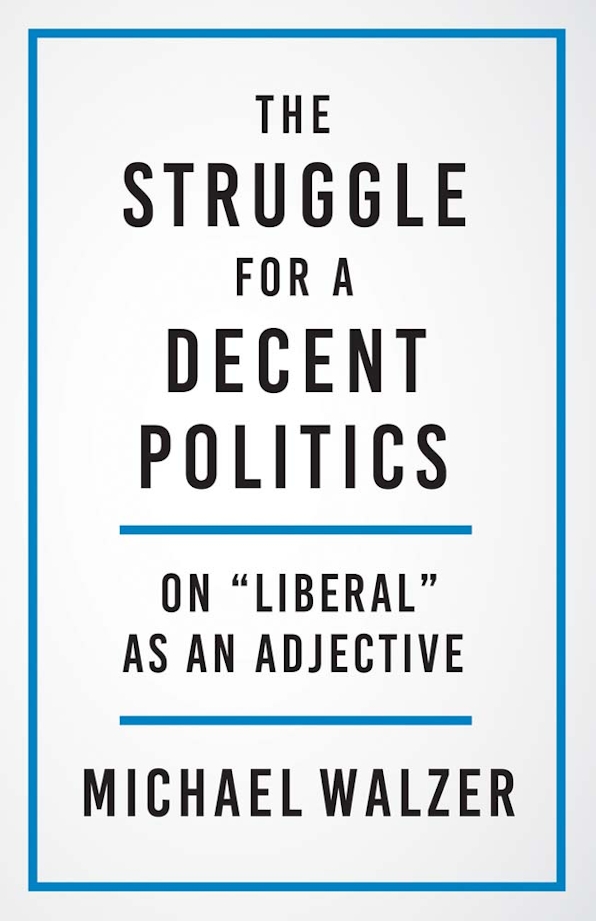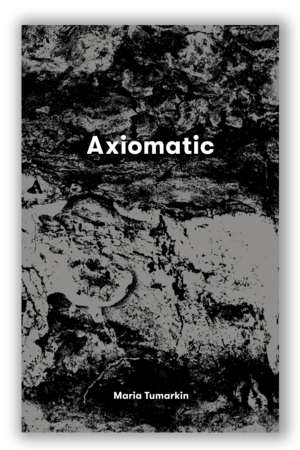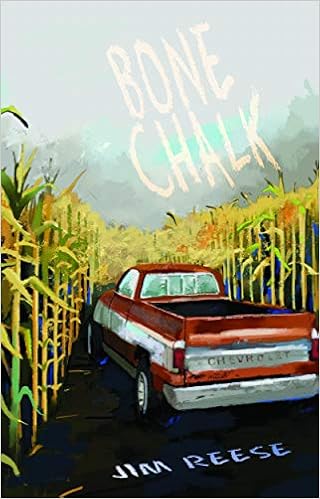 Niki reinvents herself, makes decisions that work for her. She turns down a role in a Bresson film. She befriends, and later beds, Jean Tinguely, a fellow artist who turns out to be a boon companion for life. Harry’s extra-marital adventures foment another suicidal crisis for Niki, who finally divests herself of the unholy mess by picking up and moving out, this time on her own, to Paris. This is the germinal event – she blossoms as an artist, and finds her voice: “I shoot at the painting,” she exults, “it cries, it bleeds, it dies.”
Niki reinvents herself, makes decisions that work for her. She turns down a role in a Bresson film. She befriends, and later beds, Jean Tinguely, a fellow artist who turns out to be a boon companion for life. Harry’s extra-marital adventures foment another suicidal crisis for Niki, who finally divests herself of the unholy mess by picking up and moving out, this time on her own, to Paris. This is the germinal event – she blossoms as an artist, and finds her voice: “I shoot at the painting,” she exults, “it cries, it bleeds, it dies.”
Tag: essay
A review of Getting to Know Death: A Meditation by Gail Godwin
 She jumps back and forth, including a scholarly essay, poems and sayings by literary figures, and tributes to significant people in her life, both past and present. Indirectly, she offers suggestions as to how to handle our loved-ones’ deaths, and ultimately, our own.
She jumps back and forth, including a scholarly essay, poems and sayings by literary figures, and tributes to significant people in her life, both past and present. Indirectly, she offers suggestions as to how to handle our loved-ones’ deaths, and ultimately, our own.
A review of Zero at the Bone by Christian Wiman
 Poetry gives suffering form, and giving suffering form is an antidote to despair. Yet content matters, too. For Wiman, much confessionalism is “an idolatry of suffering…an outrage that no person (or group) has suffered as we have, or simply a solipsistic withdrawal that leaves us maniacally describing every detail of our cells.
Poetry gives suffering form, and giving suffering form is an antidote to despair. Yet content matters, too. For Wiman, much confessionalism is “an idolatry of suffering…an outrage that no person (or group) has suffered as we have, or simply a solipsistic withdrawal that leaves us maniacally describing every detail of our cells.
A review of The Struggle for a Decent Politics by Michael Walzer
 Liberalism may well be a sentiment, for Jews and everyone else, as Walzer argues. But it is far more than that, and we forget its political content at our peril. Liberalism forces hard political and economic choices and forecloses some options. Sentiment and moral stance, necessary though they may be, is not enough, and never has been.
Liberalism may well be a sentiment, for Jews and everyone else, as Walzer argues. But it is far more than that, and we forget its political content at our peril. Liberalism forces hard political and economic choices and forecloses some options. Sentiment and moral stance, necessary though they may be, is not enough, and never has been.
Homer, Euripides, and Julius Caesar as seen by Shakespeare and filmmakers Joseph Mankiewicz and Uli Edel
 In Homer’s long and legendary poem The Iliad, one of the founding works of Greek and world literature, written in the eight century before the existence of Christ, a great cast of characters, conflicts, and choices seems to contain the wealth and wisdom of the ages: about the seduction and abduction of the Spartan queen Helen by a prince of Troy, and the war that follows, including a fight between the princes Achilles and Hector, there is a clash of cultures, and an exploration of heroism and hubris, that suggest the fundamentals of civilization.
In Homer’s long and legendary poem The Iliad, one of the founding works of Greek and world literature, written in the eight century before the existence of Christ, a great cast of characters, conflicts, and choices seems to contain the wealth and wisdom of the ages: about the seduction and abduction of the Spartan queen Helen by a prince of Troy, and the war that follows, including a fight between the princes Achilles and Hector, there is a clash of cultures, and an exploration of heroism and hubris, that suggest the fundamentals of civilization.
A review of Be Sincere Even When You don’t Mean It: The Memoirs of Jimmy Sizemore by Jim Flynn
 Flynn’s attention to detail in describing Sizemore’s various meetings and situations is what makes the story so believable and hilarious. Always the gentleman (“I’d learned through osmosis from my father that you always compliment somebody before you turn them down”), he gets what he wants with a smile. It’s a lesson in how to conduct yourself in the most difficult situations with the most persuasive people. There are very few revered institutions and American ideals that are left unscathed by Flynn, and rightfully so.
Flynn’s attention to detail in describing Sizemore’s various meetings and situations is what makes the story so believable and hilarious. Always the gentleman (“I’d learned through osmosis from my father that you always compliment somebody before you turn them down”), he gets what he wants with a smile. It’s a lesson in how to conduct yourself in the most difficult situations with the most persuasive people. There are very few revered institutions and American ideals that are left unscathed by Flynn, and rightfully so.
A review of Fifty Miles by Sheryl St Germain
 Reading Fifty Miles brought me to tears a few times, but St Germain courage and determination inspired me and made me reflect as a mother. Fifty Miles is a book that won’t disappoint readers.
Reading Fifty Miles brought me to tears a few times, but St Germain courage and determination inspired me and made me reflect as a mother. Fifty Miles is a book that won’t disappoint readers.
A review of Axiomatic by Maria Tumarkin
 Axiomatic is a gorgeous, difficult and extraordinary book that demands deep engagement from the reader. Tumarkin’s humility, dark humour, scholarship, and above all, the empathy with which she connects her own experience to that of her subjects and ultimately to that of the reader creates a tapestry that is moving, powerful, and important. This is a book that seeps under the skin, changing perception. It’s vital reading.
Axiomatic is a gorgeous, difficult and extraordinary book that demands deep engagement from the reader. Tumarkin’s humility, dark humour, scholarship, and above all, the empathy with which she connects her own experience to that of her subjects and ultimately to that of the reader creates a tapestry that is moving, powerful, and important. This is a book that seeps under the skin, changing perception. It’s vital reading.
A review of Bone Chalk by Jim Reese
 Whether serious or silly, Reese’s prose reads like poetry. He says more in a paragraph than most authors achieve over several pages. The final chapters are the shortest and most personal vignettes featuring his wife, daughters and co-workers. Reese finds the profound in everyday, parochial life in Bone Chalk.
Whether serious or silly, Reese’s prose reads like poetry. He says more in a paragraph than most authors achieve over several pages. The final chapters are the shortest and most personal vignettes featuring his wife, daughters and co-workers. Reese finds the profound in everyday, parochial life in Bone Chalk.
A review of The Wrong Dog by David Elliot Cohen
 Part Marley and Me, part Bucket List, part travel memoir, Cohen’s book tells the story of Simba, a larger-than-life Labrador retriever whose physical size is matched only by his love of people. Cohen’s wife, Laureen, was technically Simba’s owner (he was bought by her first husband), but as is the case with blended families, when Cohen and Laureen married, their five children and the dog quickly became a cohesive unit.
Part Marley and Me, part Bucket List, part travel memoir, Cohen’s book tells the story of Simba, a larger-than-life Labrador retriever whose physical size is matched only by his love of people. Cohen’s wife, Laureen, was technically Simba’s owner (he was bought by her first husband), but as is the case with blended families, when Cohen and Laureen married, their five children and the dog quickly became a cohesive unit.